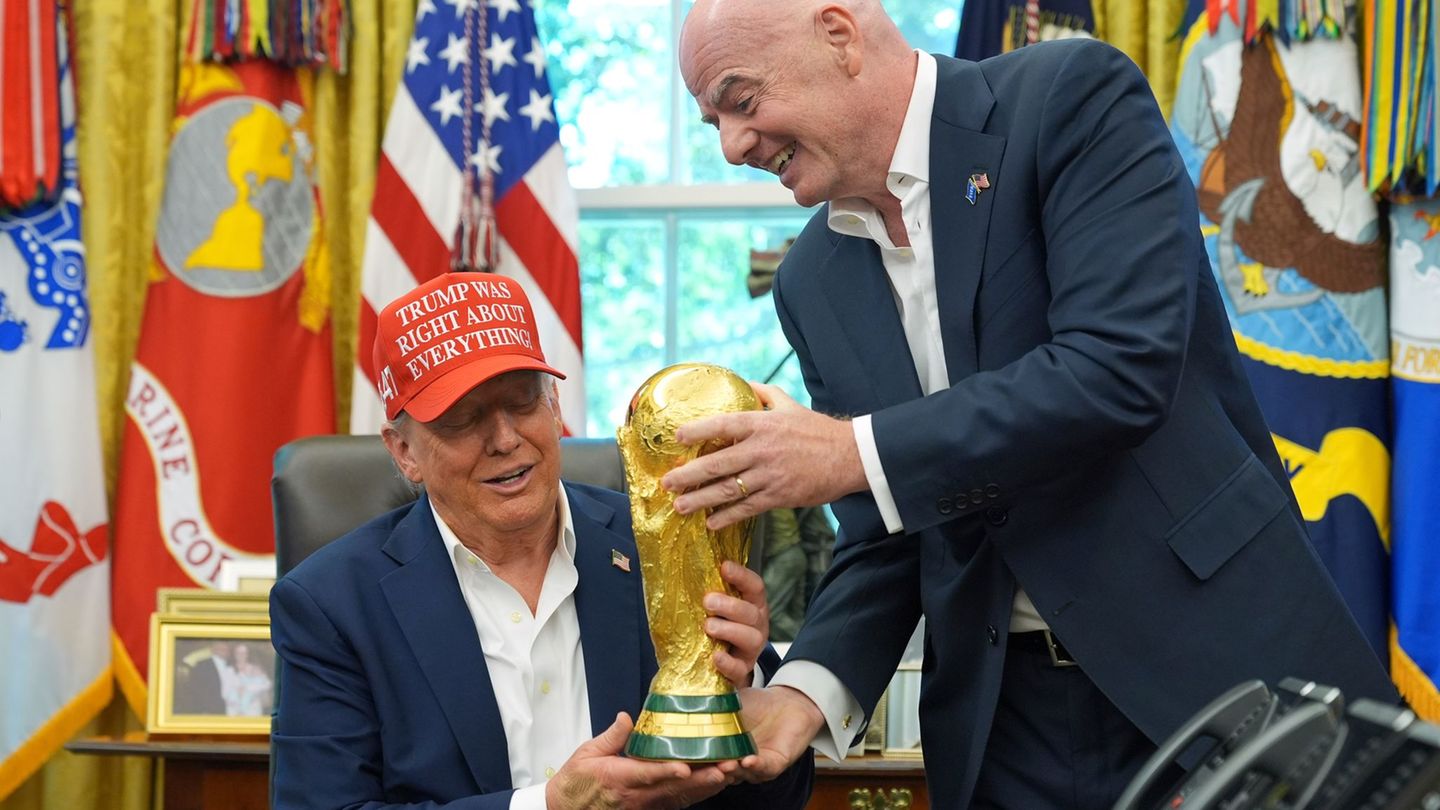“Doing theater without help is possible. You have to get practical and very imaginative. Nor is it that the aid from the subsidies covered much of the budget for the works,” says Sebastián Suñé, author, director and actor in multiple works on the bill and others yet to be released.
Author of “Jack’s forgotten ones” and “A life elsewhere” that are presented at the Teatro del Pueblo; directs “If you come out alive,” with Karina Hernandez in Nun and is part of the cast of “Kill an elephant”, of Franco Verdoia, which debuts in April at the Cervantes Theater. And presents this month “Proposal” in Microtheater. We talked with him.
Journalist: What do your works as an author have in common?
Sebastián Suñé: They are in the Teatro del Pueblo, a room that gives a lot of space to national authors. The works are quite different, “A Life Elsewhere” is a text work and “Jack’s Forgotten Ones” is a musical that was written among several. “Una vida..” began to be written as a short work for a competition at the Cervantes, and now it will be presented as a long piece at the Cervantes, so it is about those rare connections in life. It tells the story about the fight between biological families and logical families, people expelled from the family due to their sexual choice, there is a boy who goes to another city to start a hair salon, meets his boyfriend and builds a life in another. part. He never cuts the link with his sister from the town and it is told in the present and past. It is a tribute to the queer generations of the past, Carlos Jáuregui appears and talks about the struggle of these people so that we can have this present. “The Forgotten Ones..” is also similar in some ways, there the victims of “Jack the Ripper” claim their place in history saying why we always talk about the murderer and not the victims. They are works to recognize our past because if we don’t, the present can sound terrifying.
Q: What is the work you direct like?
H.H: “If you come out alive” is a text by Flavia Company that had a very fun process. More than a theatrical work, it is a manifesto about the life we live today. We seem to obey orders from the capitalist market, from non-democratic governments. There is something in this theatrical manifesto that calls us to rebel, within the framework of a life on autopilot, clocking in, where the salary that is not enough, we comply and it seems that we do nothing. The text proposes to rebel against what is imposed. It starts like this, with an actress who rebels and doesn’t want to do the show. The material does not have the logic of the plot, so the setting was thought almost performatively, it could be done in an alley, in Malba, because it is an installation. We went out to play, we put together a fun and playful set from lights and costumes. We wanted to achieve a little trip that literally blows your hair off. Luckily it’s going quite well, it’s difficult in the sense that you don’t sit down and laugh out loud but it forces the viewer to elaborate. It leaves you bouncing, luckily it’s good and we’ll see what happens because people are cutting back on going to the theater a lot.
IRS_6726.jpg
Q: And your work as an actor?
H.H: “Killing an Elephant” by Franco Verdoia is fun, strong, exciting, when I read it I accepted it and then it came to Cervantes. We were afraid that it would not be done, there were many cancellations for this year but this was set up so when we received the message that it was postponed to April instead of March we celebrated, because many casts were left without a play until next year. It is an interesting work, the TNA is one of the few national and federal theaters, the entire cast of this play is from Córdoba, it takes place in Córdoba, and it is not a nonsense to be able to do something that represents the people of another province.
Q.: What can you say about the Microteatro experience, where you wrote and directed several works?
H.H: I think it’s a fun proposal, and it also gives work to the areas of authorship, direction, and acting, because Microteatro works. Furthermore, one’s gaze sharpens, one becomes decisive, there is little time, little space, and one’s ingenuity sharpens. There is something interesting like clockwork. Sometimes it works better than a work that has been rehearsed for many months. People’s attention level is decreasing and they are attentive, so it is good to do short works but exercise and improve with long works. Otherwise I don’t know where we are going and everything is brief and ephemeral.
Q: How do you experience this moment of the Cut Culture?
H.H: Almost always the independent ones are banked by those of us who make them, the subsidies are enough to pay some technical fees, no more than that. But that little bit is useful and the fact that it is being cut indiscriminately is a clear message of hostility. This government bothers us artists because we are the ones who question reality and enable new perspectives to look at everyday life. We can only change something if we can look at things from a new perspective. That terrifies them and that is why they want to manage us with fear and hunger like so many times in history. In a few years no one will remember the minister’s name but we will all remember who Alejandro Urdapilleta was.
Source: Ambito
I am an author and journalist who has worked in the entertainment industry for over a decade. I currently work as a news editor at a major news website, and my focus is on covering the latest trends in entertainment. I also write occasional pieces for other outlets, and have authored two books about the entertainment industry.




